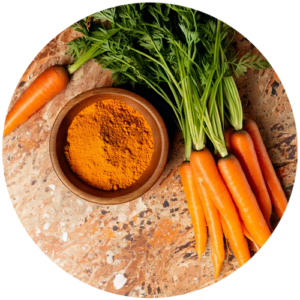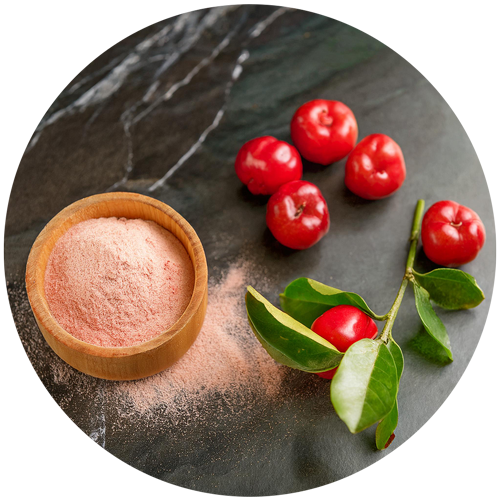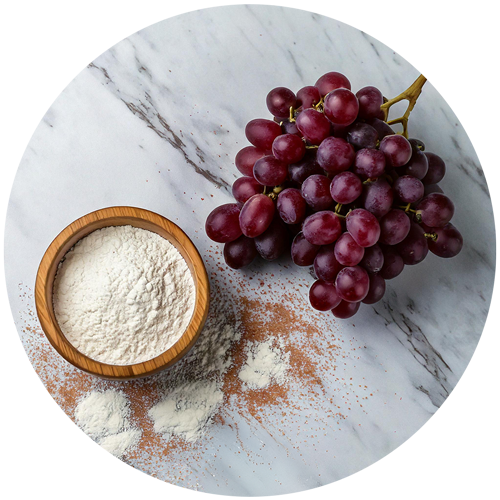Europe
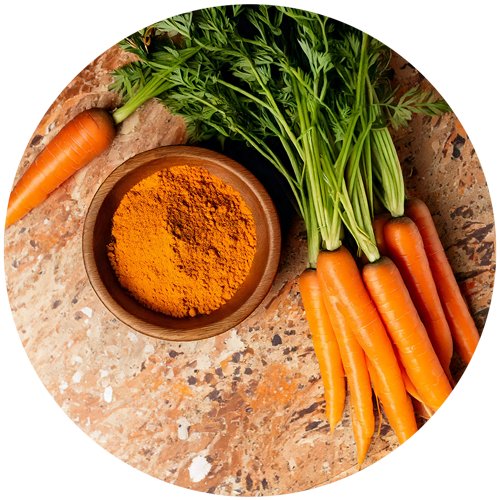

CARROT
Daucus carota L. Antioxidant
Antioxidant Carrot, Daucus carota, rich in carotenoids and flavonoids, supports vision, contributes to cell protection and promotes general well-being thanks to its antioxidant properties.
Regulations
and analysis
Identification : TLC
Data on traditional use
Canadian monograph :
-
Source of vitamin A
Association ideas by health benefice
Select one or more axes:
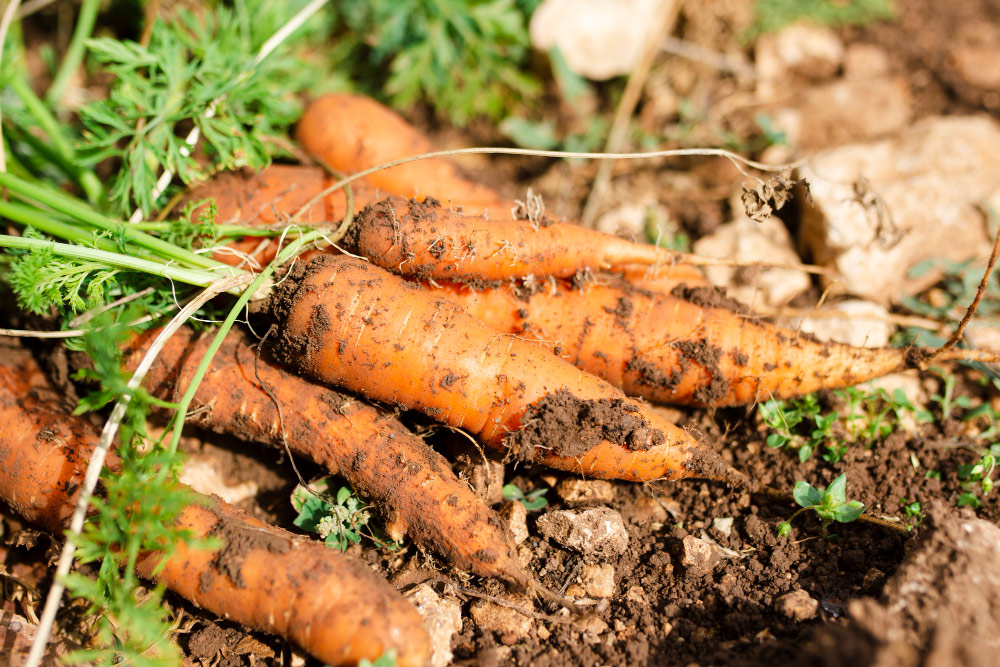
Detailed description
Carrot, Daucus carota, a member of the Apiaceae family, is widely cultivated around the world for its sweet, nutritious roots. Used for centuries, it is renowned for its wealth of bioactive compounds.
Carrot roots contain carotenoids (beta-carotene, lutein, lycopene), polyacetylenes (falcarinol, falcarindiol) as well as flavonoids and phenolic acids. These bioactive compounds help protect cells against oxidative stress and support natural defense mechanisms.
Carrots are traditionally consumed to support vision, thanks to their high beta-carotene content, a precursor of vitamin A. In addition, it has been studied for its beneficial effects on lipid metabolism and its ability to reinforce natural protection systems against free radicals. Recent research also highlights its role in maintaining healthy skin and its soothing potential at cellular level.
